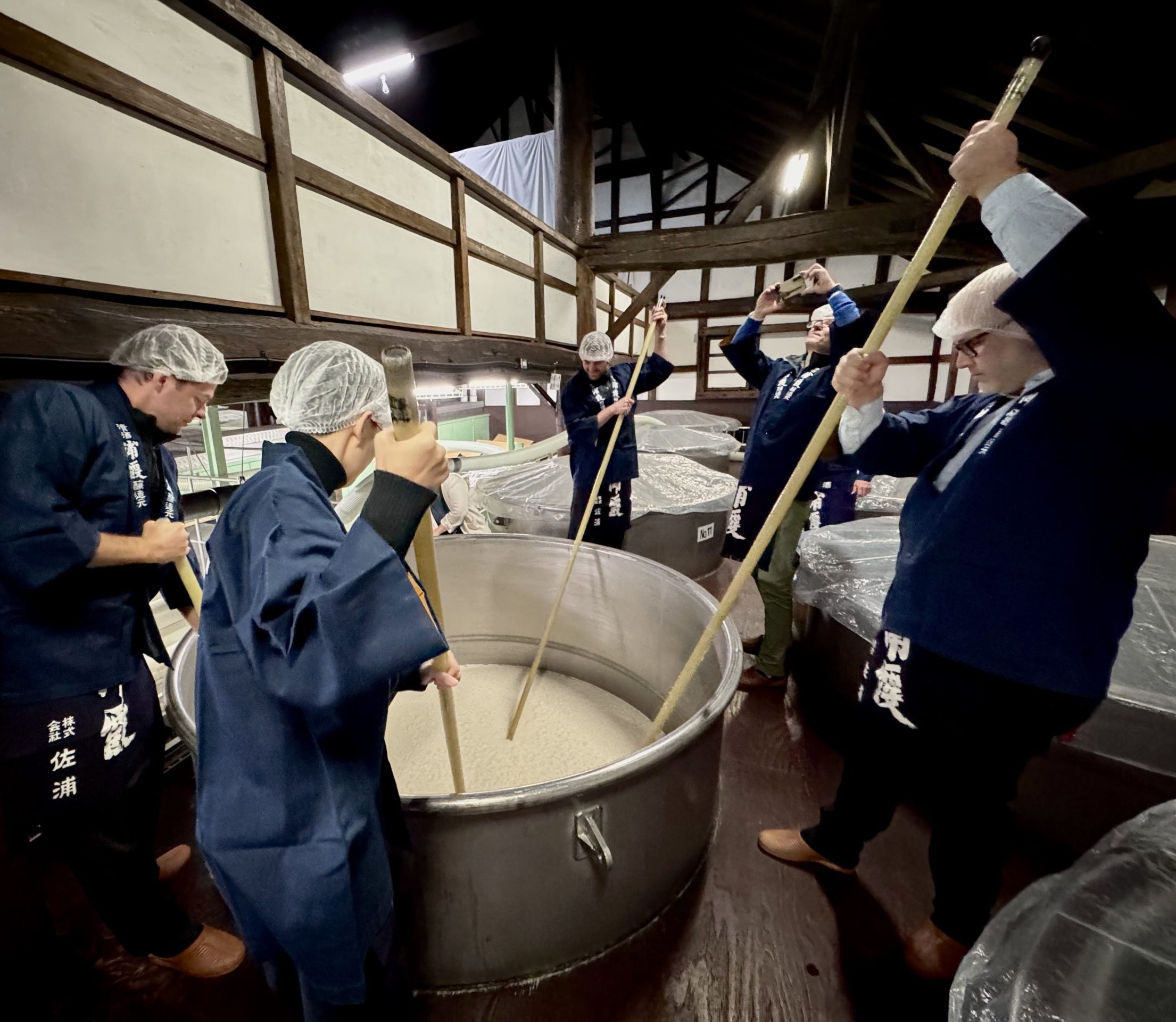TOP STORY: Legislation overkill is an alcohol killjoy
Proposed new government legislation has met with anger from the drinks trade, who claim it is an unnecessary addition to the existing regulatory burden – and may even lead to consumers losing their enjoyment of alcohol. By Jane Parkinson
While the UK government played a critical role in attempting to save its economy last month, simmering beneath the surface has been another government initiative – one that aims to tackle alcohol abuse and alcohol-related illnesses.
Since June 2007, a fundamental drive to get to grips with alcohol issues in England has been channelled through governmental project Safe, Sensible and Social. The scheme aimed to develop an appropriate response to the findings of an independent review by Sheffield University which concluded there was “evidence of links between price, particularly for heavy drinkers, alcohol consumption and medical impacts”.
As part of the scheme, the government’s latest proposal document, which relates to revised alcohol legislation in England, reached its deadline for responses from health organisations, the public and the alcohol industry on 14 October 2008. And as the deadline loomed, angry responses poured in from the alcohol industry.
Why is the trade up in arms over the proposals? On the face of things, the government’s suggestions may seem prudent, you could even argue, necessary. The government estimates that more than 10 million adults are regularly drinking at levels that exceed government guidelines and 6% of all hospital admissions are alcohol-related. Moreover, according to the government’s report, the total cost of alcohol-related problems ranges from £17.7 billion to £25.1bn a year. And of this, the cost to the NHS is £2.7bn per year.
However, despite the government’s concerns, the concerns of the alcohol industry are arguably even greater. If certain proposals are implemented in the way the government proposes, with a souped-up version of current legislation, an over-regulated approach could turn the public dry. Inevitably, this could spell the end of certain sectors of the alcohol industry, an industry on which the UK public spends a valuable £41.9bn (NHS Information Centre).
The industry’s reaction
In response to the proposals, the Wine & Spirit Trade Association, the body which represents the whole of the wine and spirit supply chain from producers to licensed retailers, has produced its own report, the 42-paged White Document on Enforcement. WSTA chief executive Jeremy Beadles said: “Our response has been firm but fair. The key aspects that we have identified are where there are serious flaws in the response it has put together.”
Beadles, who only a few weeks earlier at the drinks business forum, The Future of The Wine Business, expressed his misery at some of the incredulous proposals of the Scottish parliament in order to combat alcohol abuse (which included raising the legal drinking age to 21 even though a licensee application age is that of 18), now has to fight the industry’s corner in England too.
If the government’s proposals went ahead as this document suggests, “This would be legislation like we’ve never seen before and would involve a huge level of bureaucracy,” he said. The frustration for the WSTA is the report’s neglect of some key facts regarding alcohol consumption in the UK. These include: average alcohol consumption falling; the majority of people drinking responsibly with a fall in numbers of those drinking over the recommended guidelines between 2000 and 2006; the number of underage people drinking in decline; and the number of people binge drinking also in decline.
Enforce better, not more
Despite these encouraging figures, the WSTA agrees that alcohol legislation needs to be addressed. However, another major frustration lies in the government’s inability to recognise that it would make more sense putting energy into enforcing current laws effectively, rather than implementing further legislation. To that end, the WSTA paper suggests: “Rather than bringing in new measures, more focus should be given to enforcing existing legislation and minimising the cost of administration for police and local authorities.” And to demonstrate its point, the WSTA summarises a few statistics:
•Only two people have been prosecuted and only one found guilty of selling alcohol to a drunken person since the 2003 Licencing Act was introduced
•Only six people in England and Wales were found guilty of supplying alcohol to under 18s in 2006
Partner Content
•Not one person since 2004 has been given the maximum fine for refusing to surrender alcohol in a public place or refusing a police officer’s instruction to stop drinking
Retailing code
While the WSTA has highlighted the desire for effective enforcement of laws, another potentially ruinous aspect of the government’s document for the industry is the proposed mandatory alcohol retailing code.
The government is suggesting a blanket code of retailing to cover both the on- and off-trade. If such a code was introduced, it might address retailing aspects such as: displaying alcohol content; displaying the sensible drinking message; irresponsible promotions; the prevention of underage purchases; serving intoxicated customers; and the training of staff. Specifically in the on-trade this could include promotions, controlled exit and dispersal, while specifically in the off-trade, this could include in-store tastings and the siting of alcohol in store.
Rejecting the mandatory code proposal, the WSTA has said: “We have a real concern that the draft code reworks much of the Licencing Act in a way that would not be productive in creating greater alignment with current best practices. Simply adding an additional regulatory burden to the drinks trade would be ineffective in delivering any substantive change to society.”
The industry hangover
If these proposals go ahead, the on-trade will be the worst affected sector of the trade, according to Beadles. And this concern is reflected by another trade association, the Association of Licenced Multiple Retailers. The ALMR is outraged at the government’s proposed mandatory code and is calling on the government to spend more time and effort on the issues which really affect the pub industry.
Nick Bish, ALMR’s chief executive, said: “There are some seriously misplaced proposals that would have a serious impact on pubs by adding to the existing regulatory burden. It seems we are to have Whitehall diktat on pub layouts and cocktail names along with bar staff forced to snoop round every corner, ensuring that no one can occasionally have a bit of fun down at the pub. There is even the assumption that people attend wine tastings in order to binge drink and cause trouble. To say these latest proposals are ridiculous is an understatement; worse is their reckless misunderstanding of the costs to small businesses and to individual jobs.”
Although accurate labelling, spreading the sensible drinking message and ensuring alcohol is sold to the right people are just a few of the issues that both the industry and the government agree need to be addressed, the industry is frightened. The fear prevails that under excessive legislation and scrutiny of purchasing and consumption, the very enjoyment of alcohol will be lost and subsequently an industry will be irreparably damaged. In three months the government will produce a summary of the responses, so as ministers consider the proposals and responses the trade waits with bated breath on the potentially monumental impact this legislation could have.
| FURTHER INFORMATION |
|
For full details of the WSTA response click here . For full details of the government’s consultation click here . |
db © November 2008




